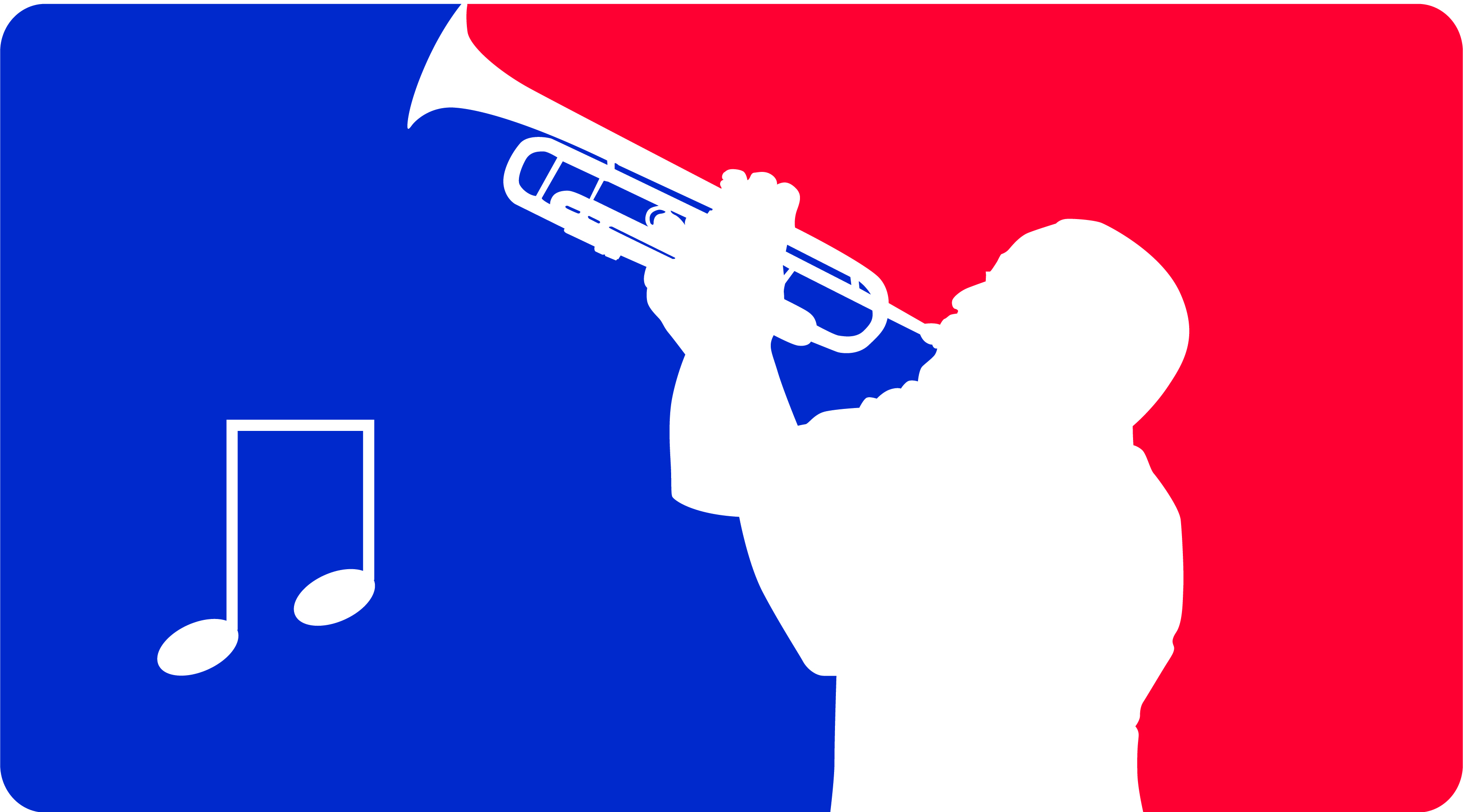Okay, so I was messing around online today, and I stumbled upon this weird question: did baseball give us jazz? I mean, seriously? It sounded kinda crazy, so I decided to dig in and see what’s up.
First Steps: Checking Out the Obvious
I started with the basics, just hitting up some general searches. You know, “baseball and jazz history,” “connections between baseball and jazz,” stuff like that. I found a few articles mentioning that they both kinda blew up around the same time in America, like the early 1900s. Both were seen as “American” things, and they both had this rebellious, energetic vibe.

Digging a Little Deeper
So, the timing seemed to match up. But that didn’t really prove anything. I needed more than just “they both existed at the same time.” I started looking for specific examples of how baseball might have influenced jazz. That’s when things got a little murky.
- I read some stuff about how both baseball and jazz were popular in Black communities, and how both were ways to express themselves and break down social barriers. Okay, that made some sense.
- I also found some mentions of musicians who were also baseball fans, or even played the game. But again, that’s not exactly a direct link, is it?
Getting Kinda Frustrated
Honestly, I spent a good chunk of time going down rabbit holes, reading about the history of both baseball and jazz, but I wasn’t finding any smoking gun. It was all very… circumstantial. I was starting to think the whole idea was just a fun theory, but not much more.
The “Aha!” Moment (Maybe?)
Then, I stumbled upon this one idea that kinda resonated. It was about the rhythm of baseball. The unpredictable pauses, the sudden bursts of action, the back-and-forth between pitcher and batter… someone compared it to the improvisational nature of jazz. The idea was that maybe, just maybe, the rhythm and feel of baseball somehow seeped into the cultural consciousness and influenced the way jazz musicians played.
My Takeaway (for Now)
So, did baseball give us jazz? I’m still not 100% sure. I didn’t find any solid evidence of a direct cause-and-effect relationship. But I definitely think there’s something to the idea that they both reflect a certain spirit of that time in American history. The improvisation, the energy, the breaking of traditions… it all kinda fits together. It’s like they were both part of this bigger cultural shift.
I’ll probably keep poking around on this, just for fun. But for now, I’m leaving it at “maybe, kinda, sorta.” It’s a cool thought, even if it’s hard to prove definitively.












